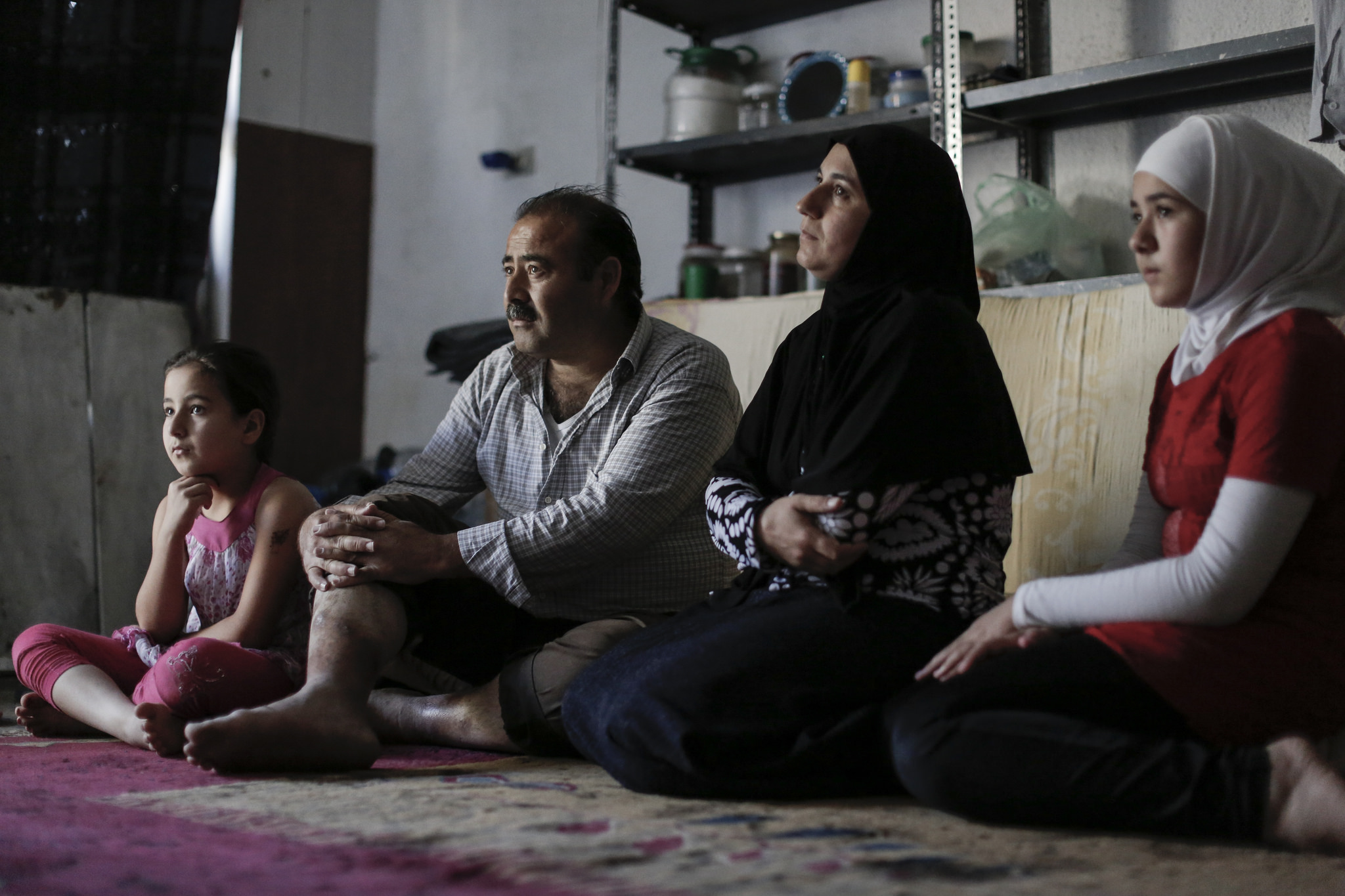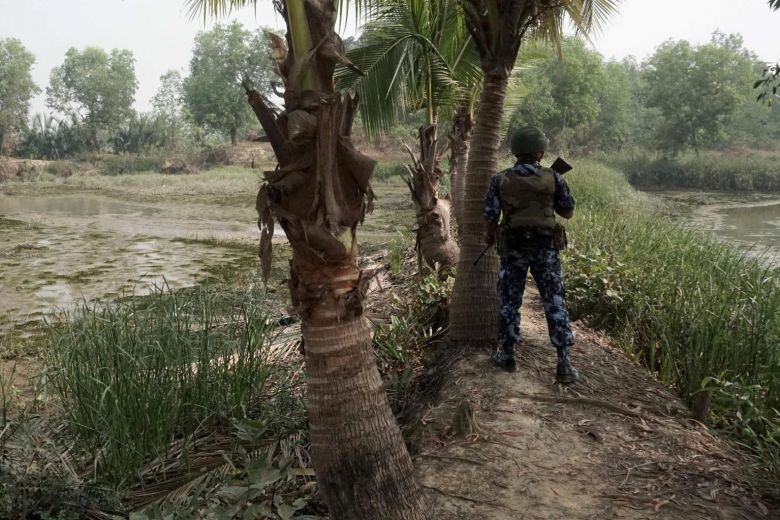Around 500 Syrian refugees left southern Lebanon on Wednesday under an agreement between authorities in Beirut and Damascus that provides for their return to their home country, AFP’s correspondent said.
The U.N.’s refugee agency said it was aware of the returns but was not involved in the agreement, “considering the prevailing humanitarian and security situation in Syria.”
https://twitter.com/UNHCRLebanon/status/986539886177071109
On Wednesday, 15 buses provided by Syria reached the southern Lebanese town of Shebaa to transport refugees out, AFP’s correspondent said. They were accompanied by Lebanon’s General Security forces, which is present along the country’s borders.
An estimated 500 Syrian refugees, who had been living for years in Shebaa after fleeing the war in their neighbouring homeland, boarded the buses. Men, women, and children shielded their eyes from the spring sun as they boarded a bus whose front window was decorated with a portrait of Syrian President Bashar al-Assad.
Lebanon’s National News Agency said the operation was taking place in coordination with General Security and based on lists of names provided in advance. And Syrian state news agency SANA said the refugees would be returning to the village of Beit Jin and surroundings territory, which lie southwest of Damascus.
Syria’s government recaptured Beit Jin in recent months through a deal that saw jihadists and civilians bussed out of the village.
Since it broke out in 2011, Syria’s war has killed more than 350,000 people and displaced millions more, both internally and to neighbouring countries.
Just under one million Syrians are registered as refugees in Lebanon, though many expect the real number is much higher. In a country of around four million Lebanese, the influx has put strain on water and electrical infrastructure.
Lebanese government officials and politicians have ramped up calls for Syrians to return home, but the United Nations has consistently warned that conditions in the war-ravaged country are not suitable for such returns.
Last year, hundreds of Syrian refugees were bussed back to their hometown of Assal al-Ward under a similar arrangement.























